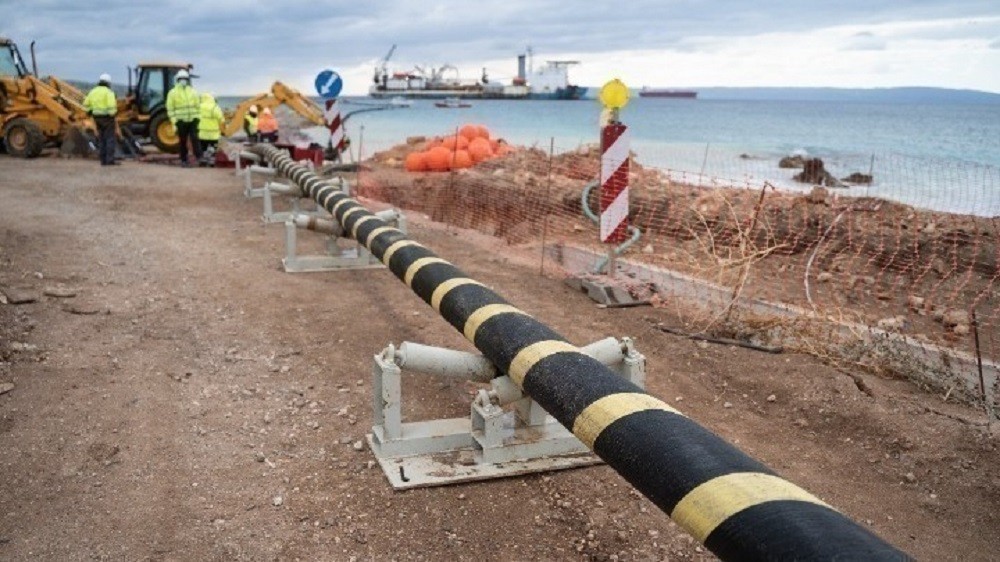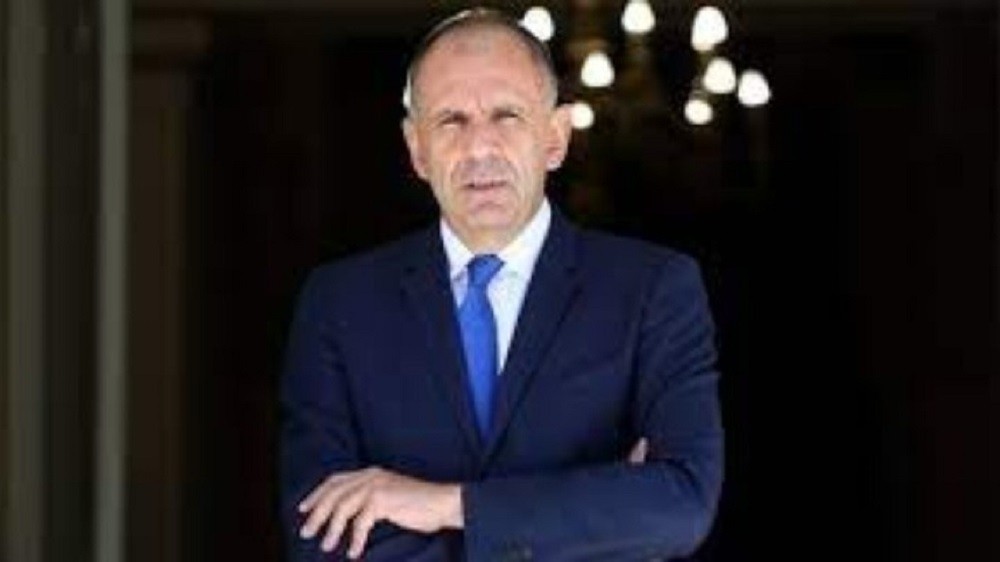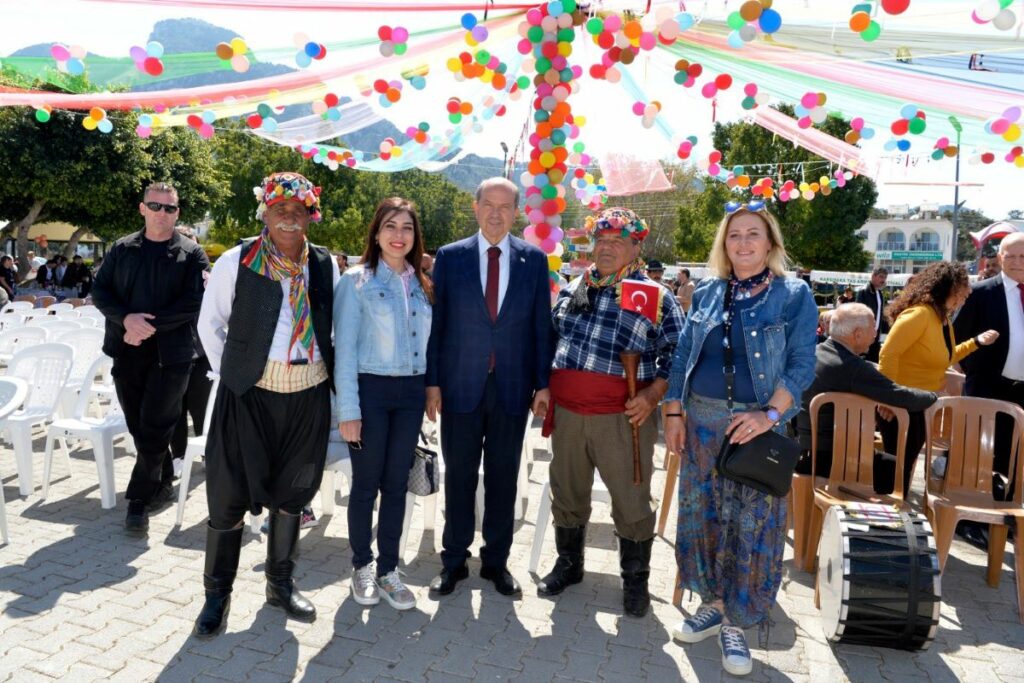
Report by Congress: ‘Cyprus: Reunification Proving Elusive’
All of the pessimism surrounding the negotiations seemed to disappear on April 26, 2015, when in a second round of voting, Mustafa Akinci of the small, center-left, Communal Democratic Party (TDA) won the election to become the new leader of the Turkish Cypriots, defeating Dervis Eroglu, says Vincent Morel, in the new updated report on Cyprus, prepared for members and committees of the Congress, released in September with the title `Cyprus: Reunification Proving Elusive`.
“Akinci immediately announced that the negotiations would resume as soon as possible in May, a declaration Greek Cypriot President Anastasiades quickly confirmed. Akinci also declared his intention to reach a settlement by the end of 2015 so that a referendum on the agreement could be held on the island by the spring of 2016, perhaps before the Greek Cypriot parliamentary elections”.
In addition, the Report says, both sides stated that they would pursue positive confidence-building measures as asign of a renewed commitment to a successful settlement.Some of those measures have since gone into effect. By the end of May 2015,negotiations wereback on track,and after a short break in August, the two sides resumed the talks on September 1, 2015.The atmospherics surroundingthe meetings of the two leaders thus far have been described as positive,andassessments of thetalks to this point seemto indicate real progress has been made. A period of “cautious optimism”appears to have settled into the negotiation process.
As 2015 began, it is noted in the Report, Cyprus entered its 51st year as a politically separated nation and its 41st year as a physically divided country with apermanent solution to end the divisions far from being achieved. Attempts to resolve the Cyprus problem and unify the two communities have undergone various levels of negotiation and missed opportunities over this period, and thus far a succession of Greek and Turkish Cypriot leaders, although often insisting “convergences” had been reached on the major issues, have been unable to reach a comprehensive solution acceptable to both sides.
Throughout this period, it is added, the two sides have been unable to find enough common ground on the difficult issues of territory, property, governance, security guarantees, and now resources, in order to achieve a permanent solution.
Long under the auspices of the United Nations, the talks entered a period of frequent and often intense negotiations in 2008. However, by the beginning of 2012, the talks had reached a stalemate, and in May 2012 the talks were suspended for a variety of political reasons. For most of 2013 and into early 2014, both the Greek Cypriot leader, Nicos Anastasiades, and the Turkish Cypriot leader, Dervis Eroglu, hardly met, but when they did they spent a good deal of time arguing over how to restart the talks.
Although the stalemate was broken and talks resumed in February 2014 when an agreement was reached, with the aid of the United States, on the language of a “joint declaration,” the talks quickly reached another stalemate by the summer of 2014, which extended into 2015.
The U.S.Government and Congress have long maintained interest in a resolution of the Cyprus issue.Visits to Cyprus by Vice President Biden and others in 2014, quick congratulations to Akinci on his election, upbeat comments in a June 2015 speech on Cyprus to a conference in Washington by Deputy Assistant Secretary of State Amanda Sloat,the speedy nomination of anew U.S. Ambassador to Cyprus in the early summer, and an early September 2015 visit to the island by Assistant Secretary of State for Europe and Eurasia, Victoria Nuland, seemed to suggest a reenergized U.S. interest in having the negotiations move forward.
The lack o fa negotiated settlement of the Cyprus issue, however the Report stress, continues to affect relations between Turkey and the European Union (EU), Turkey and Greece, and the EU and NATO. The situation also warrants attention because of U.S. interest in a strong relationship with Turkey,especially as both countries confront the threat from the Islamic State,and because of the prospects that the Eastern Mediterranean could play an important role in energy development and supply.
CYPRUS NEWS AGENCY

